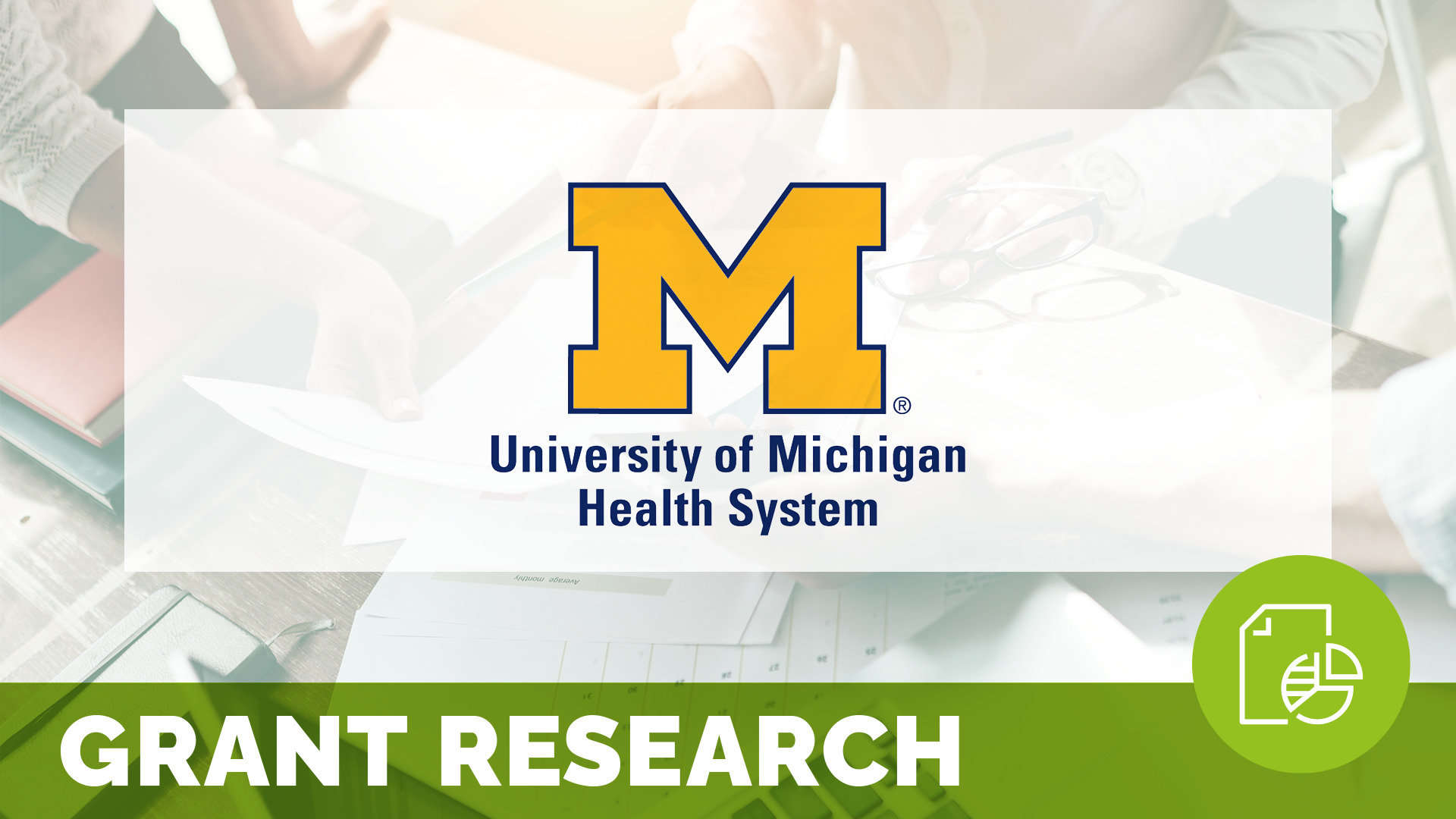The Interdisciplinary Model: An Effective Approach to Patient Family-Centered Healthcare at a Tertiary Care Specialty Brachial Plexus Program

University of Michigan’s Neonatal Brachial Plexus Palsy (NBPP) Program was designed with the vision and mission to better the lives of patients with NBPP and to provide the best interdisciplinary care through collaboration, teaching and innovation while employing the principles of patient family-centered care. This study surveyed fifty NBPP patients and families to evaluate the program’s strengths, weaknesses and opportunities for improvement of patient experience in caring for NBPP patients.
Related content
-
 Patient Family & Community Engagement
Patient Family & Community EngagementPatient Perspectives on Implementing a Person-centered Care System: Experiences from the U.S. Veterans Health Administration’s Whole Health System of Care
Objectives. Replacing the disease-centered, paternalistic approach in healthcare with a person-centered model has become a widely recognized imperative. However, patients’ perspectives on and experiences with real-life efforts to implement this approach to care are rarely studied. We examined this issue at a health system with a prominent record of commitment to implementing person-centered care on
Learn more -
 Patient Family & Community Engagement
Patient Family & Community EngagementDriving Healthy Behaviors through Social Support: The Role of Co-Responsibility in Weight Loss and Maintenance
The effectiveness of out of hospital lifestyle interventions in healthcare is likely co-dependent on social support from involved one’s. We sought to investigate the interrelationships between patient-partner Co-responsibility, Spousal Support, and Self-efficacy and the mechanisms through which they contribute to health behaviors and outcomes relevant to weight loss and maintenance.
Learn more -
 Patient Family & Community Engagement
Patient Family & Community EngagementMy Life, My Story and Life Recovery among Veterans with Substance Use Problems
The United States Veterans Health Administration My Life, My Story (MLMS) program is a patient-centered care intervention where veterans are interviewed about their life story and may grant permission to include it in their electronic health record (EHR). Our purpose was to focus on a sample of MLMS narratives from veterans with self-disclosed substance use
Learn more
